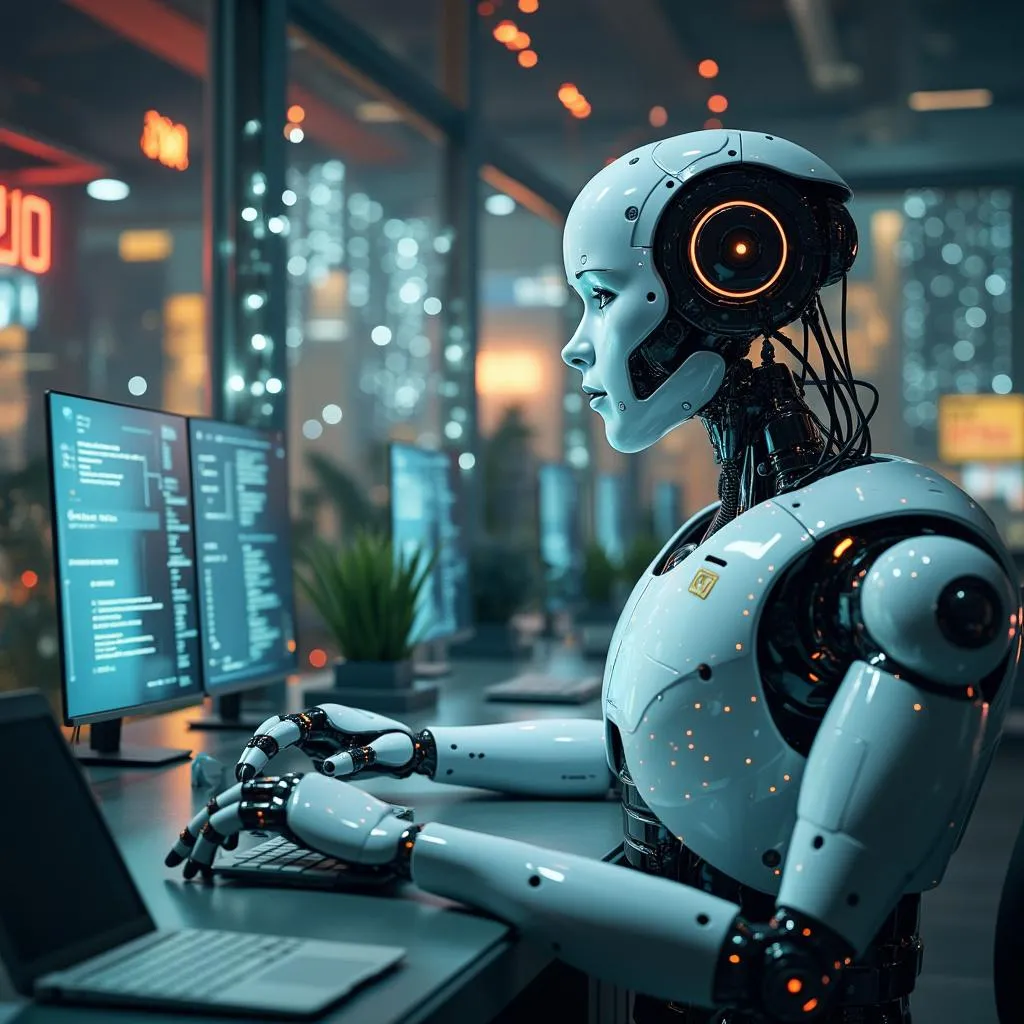AI's Impact on Employment: Industry Leaders Sound the Alarm
- 0 reactions
- 5 months ago
- Flaik.ai

AI’s Potential to Reshape the Job Market: A Closer Look
As artificial intelligence continues to advance at a rapid pace, industry leaders are increasingly vocal about its potential impact on the workforce. Recently, Anthropic CEO Dario Amodei made headlines with a stark prediction: within just five years, AI could eliminate half of all entry-level positions, potentially pushing U.S. unemployment rates to a staggering 20%.
The Growing Chorus of Concern
Amodei’s statement is far from an isolated incident. A growing number of tech executives and analysts are raising alarms about AI’s disruptive potential in the labor market. This trend highlights the urgent need for policymakers, businesses, and workers to prepare for a dramatically shifting employment landscape.
Balancing Progress and Preparedness
While AI promises increased productivity and innovation, it also poses significant challenges. As we navigate this transition, it’s crucial to consider both the opportunities and risks. Businesses may benefit from increased efficiency, but they must also address the ethical implications of widespread job displacement.
For individuals, staying competitive in an AI-driven job market may require continuous learning and skill adaptation. Tools like the AI Meditation Generator can help manage stress during career transitions, while resources such as the Website SEO Optimizer can assist in developing valuable digital marketing skills.
Looking Ahead: Adapting to the AI Era
As we confront these challenges, it’s essential to foster open dialogue between tech leaders, policymakers, and the public. By anticipating and preparing for AI’s impact on employment, we can work towards solutions that harness the technology’s benefits while mitigating its potential drawbacks.
The coming years will be crucial in shaping how AI integrates into our economy and society. As this transformation unfolds, staying informed and adaptable will be key to navigating the changing landscape of work in the AI era.
Comments
Continue reading
No results available
Reset








